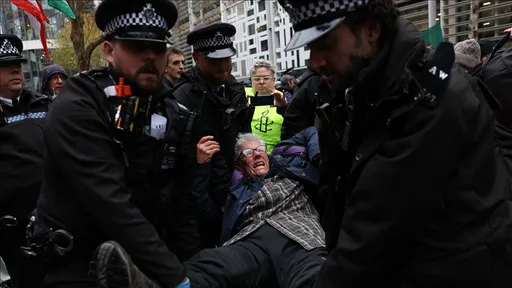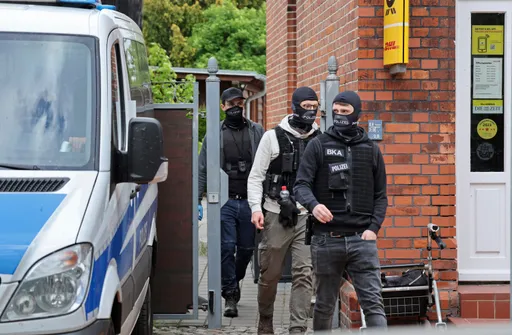Hong Kong's political elite will pick new city lawmakers under Beijing's "patriots only" rules that drastically reduce the number of directly elected seats and control who can run for office.
The legislative elections, to be held Sunday, will be overseen by a new political blueprint that Beijing imposed on Hong Kong in response to massive and often violent anti-Beijing protests two years ago.
Some 4.5 million residents in the city of 7.5 million can vote but their ballots will only decide 20 seats in a 90-person legislature – down from half under the old system.
The majority of seats, 40, will be picked by a select committee of 1,500 staunch Beijing loyalists who make up 0.02 percent of the city's population.
A further 30 will be chosen by reliably pro-Beijing committees known as functional constituencies that represent various special-interest and industry groups.
Under the new rules, all 153 candidates standing for office have also been vetted for their political loyalty and patriotism.
Beijing says the "improved" electoral system will root out "anti-China" elements, fix the city's woes and ensure the once rambunctious legislature is no longer hobbled by anti-Beijing figures holding up laws or filibustering.
But it is unclear how the public will respond to the new model with pre-election polling suggesting a record low turnout could be possible.
READ MORE:Hong Kong elite votes for new 'patriots only' committee
Lack of opposition
Kenneth Chan, a political scientist at Hong Kong's Baptist University, said public enthusiasm has been dampened by China's wider crackdown using a new national security law imposed last year that has criminalised much dissent.
That law has demolished Hong Kong's anti-Beijing opposition, who are not taking part in Sunday's vote.
More than a dozen democrats who won seats in the 2016 legislature election are among nearly 100 people facing national security charges, most of them in jail. Three more have fled the city.
"With the backdrop of the crackdown on the democracy movement under the national security law, it's not surprising that democrats are absent in this election," Chan said.
"As they are absent, I'm afraid most of their supporters will also be absent."
Earlier this year, authorities have made it a crime to encourage anyone either to boycott elections or to cast blank or spoiled ballots.
Ten people have been arrested under that law while authorities say they have sought arrest warrants for two overseas activists.
READ MORE: Hong Kong politicians swear loyalty to China under new patriotic law
Overseas calls for boycott
Multiple Hong Kong activists abroad have openly advocated a boycott.
Former student leader Alex Chow said last week it was a "no-brainer" to ignore the election, while his fellow activist Sunny Cheung said the polls were a "pseudo-democratic veil".
Others have used the Twitter hashtag #ReleaseMyCandidate to highlight candidates currently in jail.
Hong Kong officials have also written to both theWall Street Journal and The Times of London warning recent editorials breached the ban on inciting boycotts.
Police said more than 10,000 officers will be deployed to prevent any disruption.
READ MORE: China says increased control over Hong Kong elections aimed at ending chaos
























